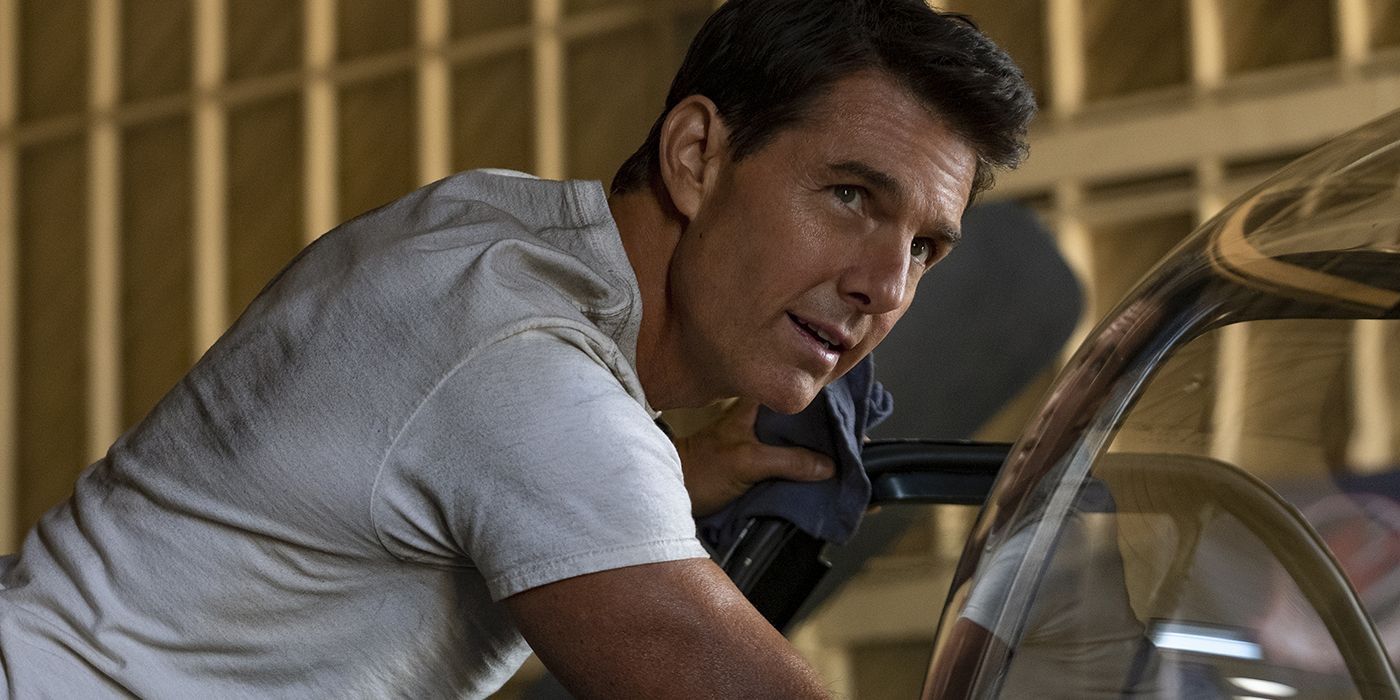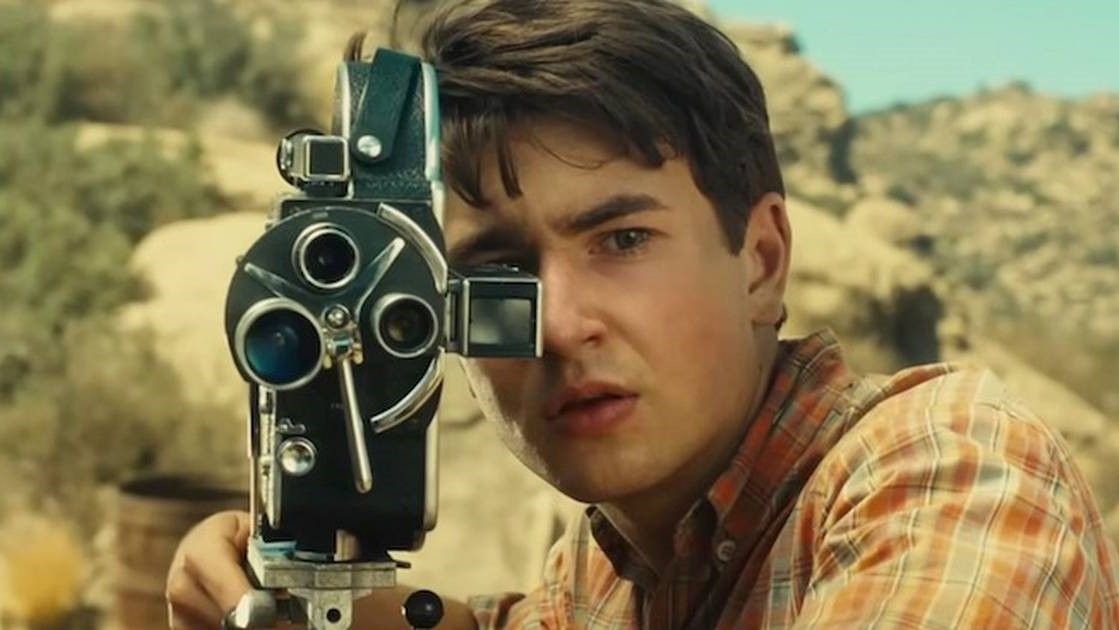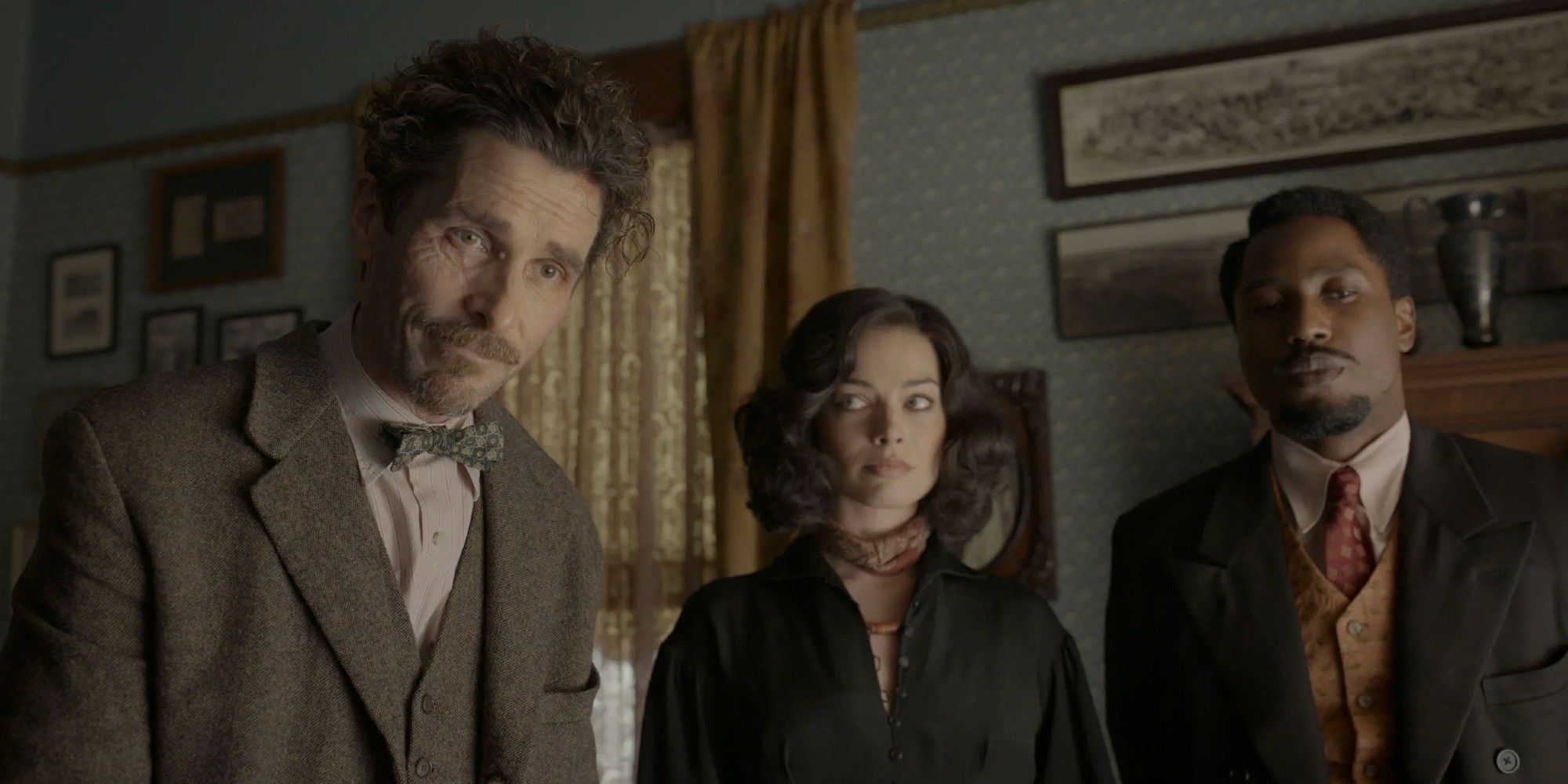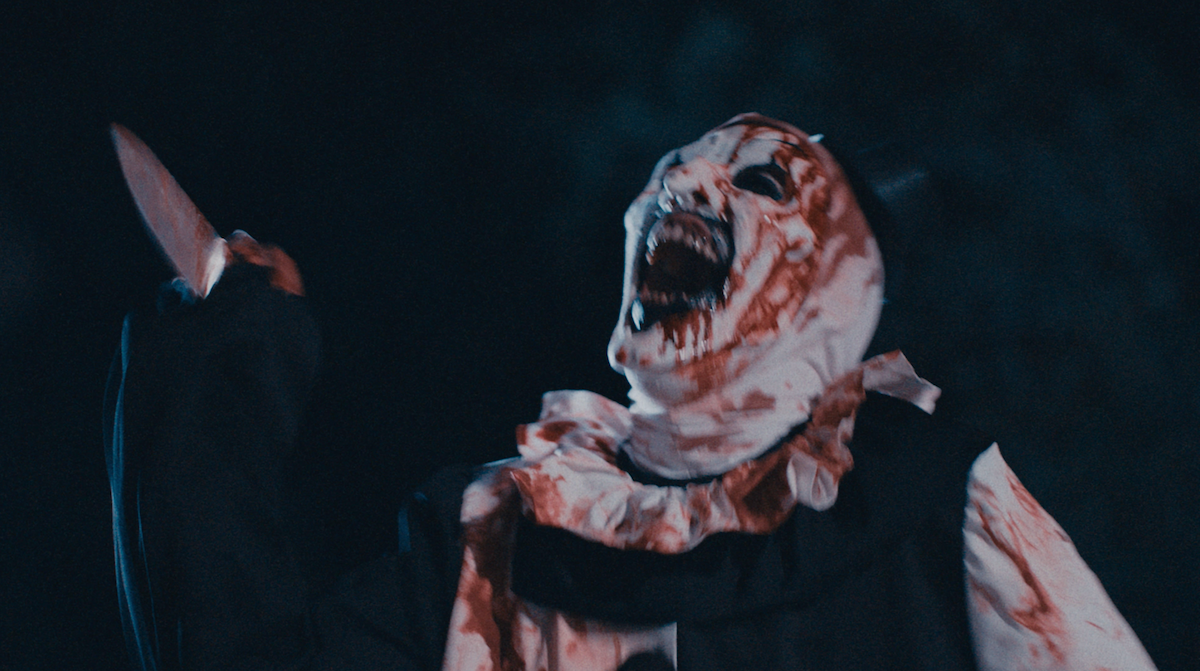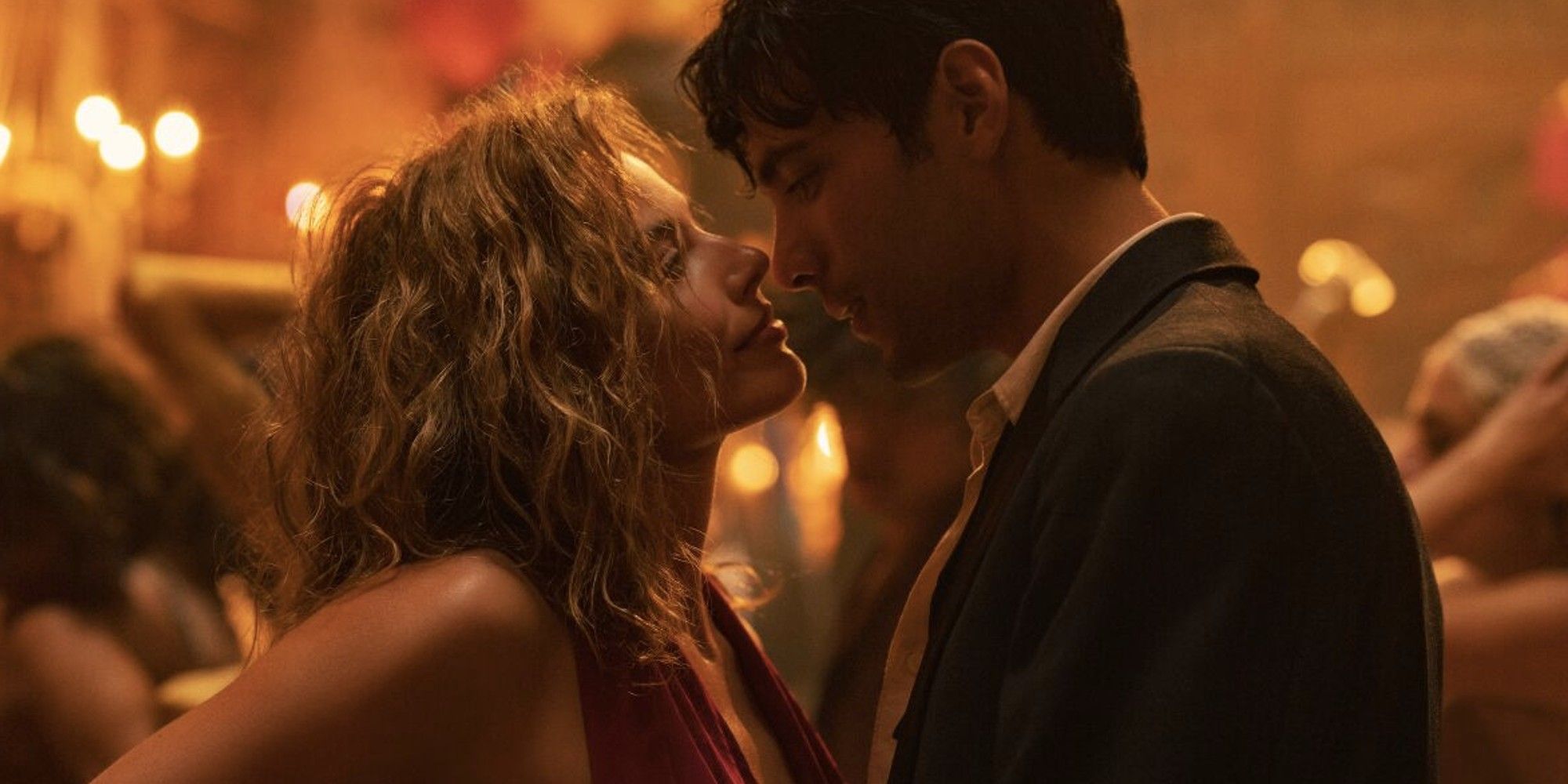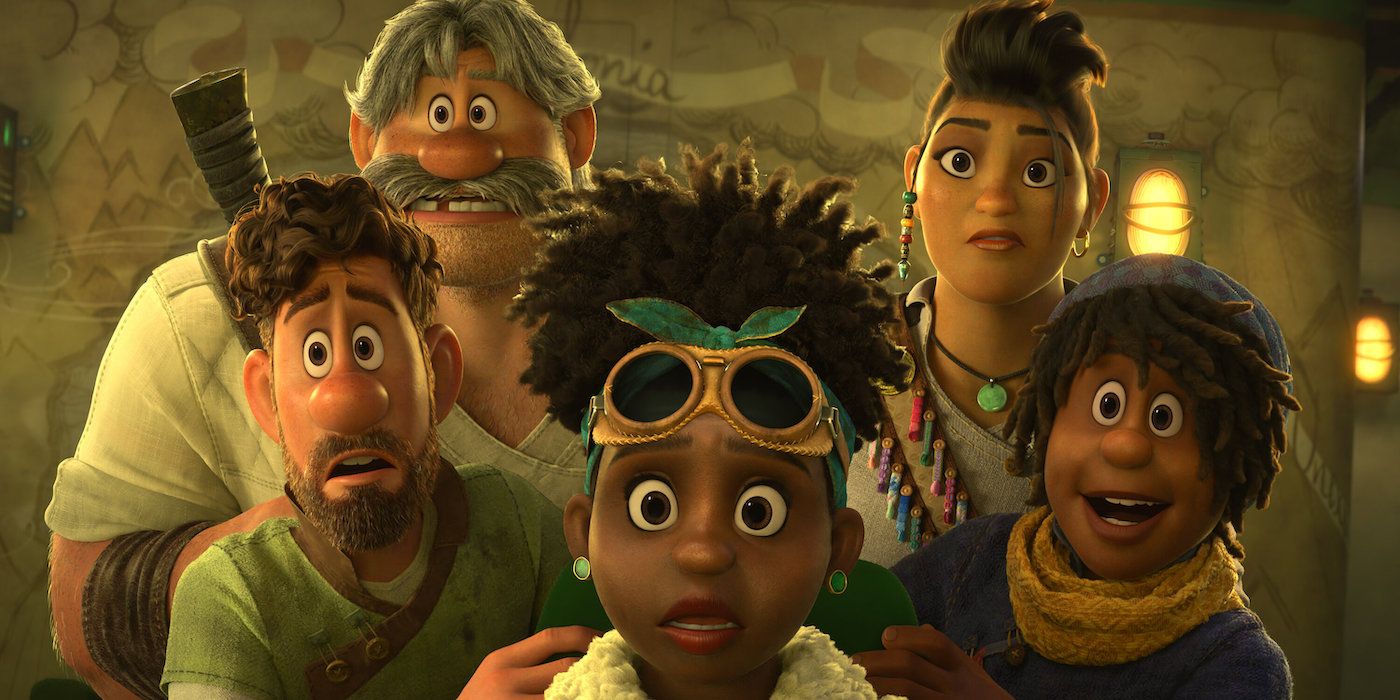Moviegoers are fickle creatures. There's never a simple or wholly satisfying explanation as to why a particular film exceeds or falls short of expectations regarding box office performance. While 2022 saw a significant improvement in terms of theatrical ticket sales compared to its predecessor, and especially that of 2020, the market still has work to do in approaching numbers comparable to those of 2019 and before. That being said, the past year saw a number of films outdo box office expectations, each of which lent further justification for a continued commitment to wide theatrical releases and the overall preservation of cinematic exhibition. At the same time, as sure as God made little green apples, a handful of films that one would've expected to flourish promptly fell flat with audiences on the big screen. Like any year at the movies, there were blockbusters and duds, and with the slate of the past year about to be wiped clean, here's a look at the biggest box office surprises of 2022.
Top Gun: Maverick
From Tom Cruise’s reluctance to reprise his role as the iconic Pete “Maverick” Mitchell to the film’s multiple theatrical delays (shot throughout 2018 and 2019), Top Gun: Maverick’s journey to the screen is a story unto itself. But perhaps the most noteworthy aspect of this long-awaited sequel was its massive box office success. Thrusting its way into theaters on May 26, the high-altitude crowd pleaser racked up an impressive domestic total of $126 million over Memorial Day weekend, breaking the holiday record and marking, by far, a career-best opening for Cruise. Seven months later, Maverick has become, unadjusted for inflation, Paramount’s highest grossing film to date and again, by far, the highest grossing film of Cruise’s 40-year career with nearly $1.5 billion worldwide. To put things in perspective, the actor’s second highest grossing film at the global box office is Mission Impossible: Fallout, which ended its theatrical run with $791 million. Considering that multiple streaming services were courting Cruise and Paramount for distribution rights to the film, it’s safe to say the superstar and the studio backing him made the right decision in holding out for a theatrical release.
Lightyear
The box office performance of Disney/Pixar’s Lightyear has been a topic of speculation. Some have claimed that the film’s marketing campaign proved to be a challenge in selling the idea of a Toy Story spin-off to the public, while others considered the possibility that viewers had become accustomed to enjoying new Disney/Pixar material via streaming (Pixar’s previous three films were released on Disney+). Others maintain that Disney’s recent bout with the political world over the company’s public reaction to Florida legislation has soured the relationship between the entertainment giant and some of its consumers. Regardless of the factors at play, Lightyear is certainly a box office anomaly in the Disney/Pixar portfolio, ranking 22nd out of 23 wide theatrical releases in terms of grosses. Onward is the only Pixar film to perform more poorly than Lightyear, and that was largely due to theater closures in the early months of 2020.
Everything Everywhere All At Once
Original, ambitious, and stylish to a tee, 2022's first sleeper hit was Everything Everywhere All At Once, a killer action vehicle for international star Michelle Yeoh. The film enjoyed a rare sort of box office performance in which its ticket sales started small and grew significantly, although it never had a massive breakout success with audiences. Instead, it was a theatrical run that had longevity on its side and performed consistently over a long period of time. The whimsical tale was given a platform release, opening on just 10 screens across North America and eventually expanding to a wide release in its third week. This uncommon release strategy can occasionally yield impressive results with enough positive word-of-mouth. And that’s exactly what happened. Critics and audiences ate the film up and, for 13 consecutive weeks, it ranked in the top 10 at the domestic box office. It would go on to become A24’s highest-grossing film with more than $100 globally, cementing proof that audiences will indeed show up for uniquely bold and visionary films if production companies have the backbone to invest in them.
The Fabelmans
Steven Spielberg is, and has long been, the most bankable filmmaker in the world. As the reigning king of the box office for decades with record-breaking smash hits like Jaws, E.T. The Extra-Terrestrial, and Jurassic Park, it's been quite a shock to see his last two films disappoint financially. Last year's West Side Story brought in a measly $76 million worldwide on a $100 million dollar budget, which some attributed to an increasing disinterest in musicals and hesitancy among some viewers to return to theaters. A year later, Spielberg's semi-autobiographical drama, The Fabelmans, debuted to even more dismal numbers, bringing in just over $10 million on a $40 million budget. Like Everything Everywhere All At Once, Spielberg's film rolled out with a platform release and expanded in subsequent weeks, but didn't enjoy the same kind of success via positive word-of-mouth. An undeniably masterful filmmaker with a surname that has essentially been a brand unto itself for many years, one can't help but wonder if and how Spielberg will reclaim his box office glory in the years to come.
Uncharted
Films and TV shows adapted from video games are notorious for receiving a negative reception from both critics and audiences, so much so that many viewers have been conditioned to pessimistically roll their eyes whenever such an adaptation is first announced. Here we go again, they think. These films tend to attract a narrow, niche audience of fans who are highly critical of anything and everything. In the case of Uncharted, however, it was quite surprising to see the film open to solid box off numbers ($400 million worldwide) despite being a piece of entertainment many assumed would only appeal to a dedicated, loyal, and vocal contingent of viewers. Released just two months after Spider-Man: No Way Home, Uncharted is likely to have benefited from the presence of Tom Holland, who was still riding the whirlwind of the former’s massive theatrical success, and the young actor would enjoy the rare distinction of headlining two top box office contenders for several weeks.
Amsterdam
An all-star cast used to carry significant weight for attaining box office success. The more jam-packed a film was with A-list actors and actresses, the more likely audiences were to show up. With the ever-increasing rise of franchise filmmaking, adaptations from other mediums, and event films in which the movie itself is the star, viewers are arguably less inclined to make a trip to the theater in favor of seeing some of their favorite performers share the screen. Such was the fate of David O. Russell's Amsterdam. Featuring the likes of Christian Bale, Margot Robbie, John David Washington, Chris Rock, and Robert De Niro, the star-studded period piece came and went with a whimper. Bringing in a worldwide total of roughly $31 million on an $80 million budget, much has been made of the film's failure to connect with audiences in theaters. Some have blamed a scatterbrained and unclear marketing campaign while others pointed to the film's lackluster reviews. Regardless, David O. Russel's film was an unexpected miss in its short-lived theatrical run, and is reported to have lost $100 million.
Terrifier 2
Another sleeper hit of 2022, Damien Leone's sequel to his 2016 slasher film, Terrifier, caught the market off guard when released in October. Made on a shoestring $250,000 budget, this gleefully gory followup proved that a cult hit released several years before its successor can have significant staying power with audiences, surprising even the most cynical moviegoers. Art the Clown's second outing was aided by private investors and crowdfunding, ultimately rolling out to theaters on a limited number of screens. After achieving "breakout success" at the box office, no doubt boosted by sensational media anecdotes about viewers becoming ill and fainting in theaters, Terrifier 2 brought in more than $12 million at the global box office, lending credence to the notion that a hit film doesn't have to spend big on marketing. Entertainment analyst Jeff Bock commented on the film's unexpected success when he said, “This is where word-of-mouth becomes more important than any paid advertisement. When the target audience hears ‘vomit-o-rama’ — that’s worth the price of admission.”
Babylon
In a twist of irony, Damien Chazelle's three-hour, excessively graphic, and maniacally debauched Babylon, chronicling the rise and fall of several players amidst Hollywood's transition from silent to sound films, crashed at the box office over the holiday weekend. With a $78 million price tag, every penny of which is on the screen, Chazelle's latest effort brought in a mere $3.6 million over its three-day debut. A number of explanations, including a gnarly winter storm battering the nation, a mixed critical reception, and its long run time, the film will likely go down as one of the more infamous financial flops in recent years. Despite its less-than-stellar reviews and dismal box office numbers thus far, Babylon managed to score five Golden Globe nominations, and time will tell if the awards circuit will give the film a much-needed boost in ticket sales.
Smile
Horror films seem to be the outlier genre in terms of consistently generating unexpected box office success. Following in the footsteps of The Blair Witch Project, Saw, and Paranormal Activity, Smile is yet another example of a simple but tantalizing horror concept that brought audiences to theaters in large numbers. With a relatively modest budget of $17 million, but an effective and widespread marketing campaign, the film capped its theatrical run with $216 million worldwide. Brian Robbins, President and CEO of Paramount Pictures, referred to the film's marketing as "brilliantly sticky," likely in reference to the studio's ingenious decision to plaster images of the film's titular, and undeniably creepy, smiles behind home plate at MLB games.
Strange World
2022 was a rocky year for Disney's animated, theatrically-released tent-poles. Five months after Lightyear's disappointing performance with audiences, the studio released Strange World over the Thanksgiving holiday. It similarly performed reasonably well with critics, but Strange World fared even worse than Lightyear in its box office performance. With the unfortunate distinction of having the poorest Thanksgiving opening for a Disney animated film, the fantasy-adventure romp is expected to lose the studio a great deal of money and may force the powers that be to reconsider release strategies for such films in years to come. With these two massive flops in the span of just six months, it sure is fortunate for Disney that it has the ever-reliable Marvel properties to lean on going into the new year.


